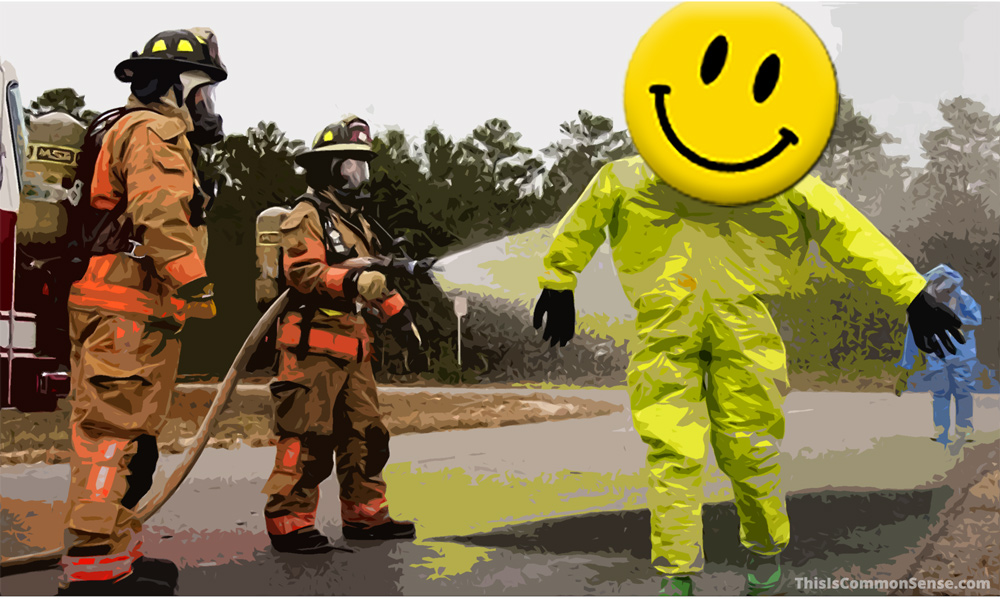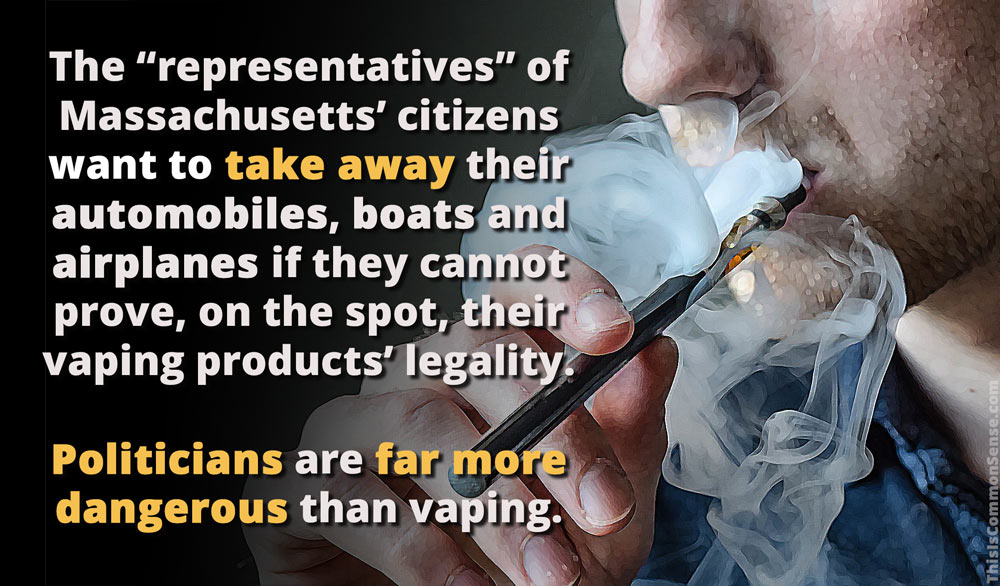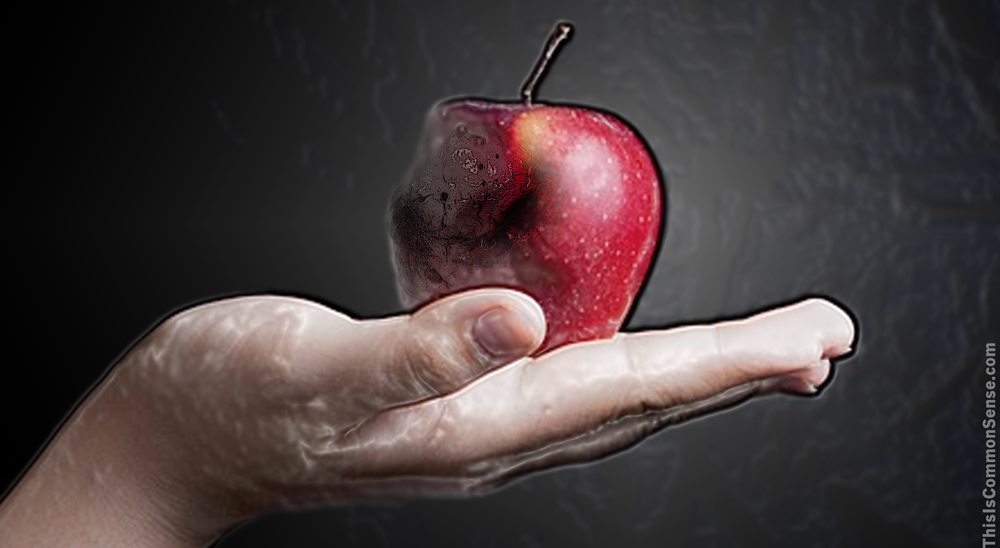Which country has handled this worldwide pandemic best?
The question was asked on Facebook, by one friend, and answered this way by another:
“Government: South Korea; People: Japan.”
My response?
“Combo of people and government: Taiwan.”
There is a lot in the Taiwanese response to explore.
“The first cause of Taiwan’s success,” write Javier Caramés Sanchez and William Hongsong Wang on Mises Wire, “is the transparency of information, which stopped the rapid growth of infection.” While on Mainland China the corrupt government was no more transparent than the very murky Yellow River, in the Republic of China (commonly called Taiwan, and once listed on the globe as “Formosa”) the Ministry of Health and Welfare began informing the public as early as December 31.
The second reason? “The type of quarantines established by the Taiwanese government are mostly self-quarantines. The Taiwanese government acknowledges that it is crucial to rely on people’s voluntary actions to resist the pandemic.” In Japan the people regularly don masks when sick. That kind of compliance is cultural there. In Taiwan, there has been a lot of spontaneous and “all you need to ask” compliance with social distancing and the like.
“The key is that the Taiwanese government and the Taiwanese people understand that the individual’s own responsibility and actions are essential to suppressing the coronavirus pandemic, not a mandatory massive shutdown,” the authors conclude. “This is what the world needs to learn.”
Responsibility is what a free people practice. And learn to master.
This is Common Sense. I’m Paul Jacob.

—
See all recent commentary
(simplified and organized)










